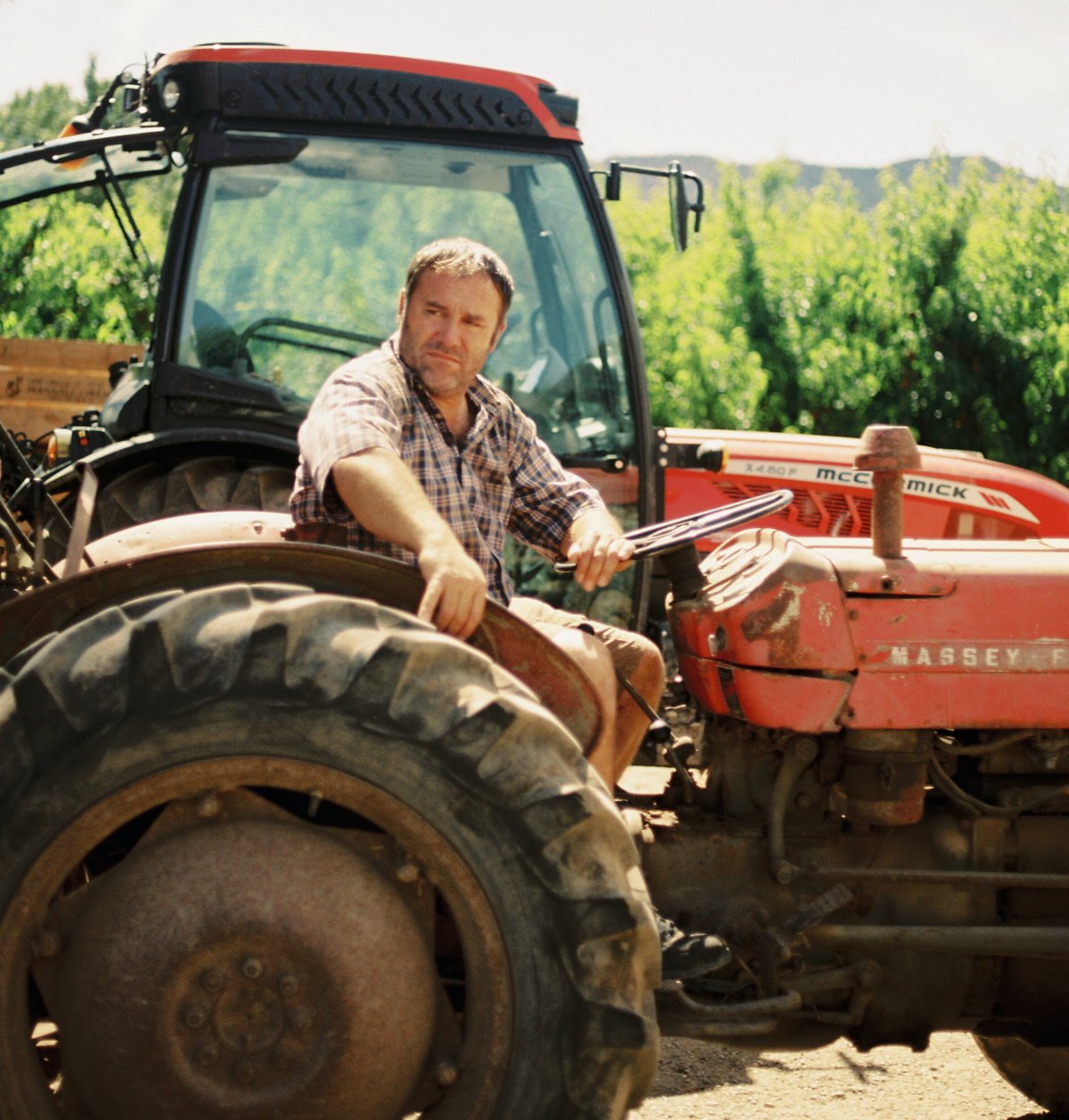It's already been acclaimed at the Berlin Film Festival, where it won the supreme Golden Bear award. Now, Carla Simón's movie that tells the story of Alcarràs, an agricultural town in Catalonia where peach trees are giving way to solar panels, has been chosen to be Spain's representative at the Oscars. But the fact that this movie, already an international success, is now making the jump to the United States has set off the alarm bells among Spanish authorities, nervous about how the story of the film, and above all, its context, could play against Spain's interests. To avoid this, they have turned to an old favourite technique: rewriting history. But they were unlucky. In a world where everything is monitored, they have been caught. Spain's ridicule over Alcarràs, has been exposed.
Changing history to hide the Catalan referendum
After learning that the movie would be the Spanish candidate for the Best International Feature Film category in 2023, a Spanish defence ministry official entered the Wikipedia page on the town that gives its name to the film and saw that, in its Catalan language version, it explained that it was one of the municipalities where the Spanish Civil Guard and National Police used baton charges against the public to try to prevent townspeople from voting in the independence referendum on October 1st, 2017. That the name Alcarràs would gain international fame, would surely bring many people to the information-packed Catalan version of the town's Wikipedia page to learn all the backstory to Simón's movie. A recent episode in which police bashed their fellow citizens does not seem like a good letter of introduction.
Alguien desde Ministerio de Defensa ha editado anónimamente 'Alcarràs' en Wikipedia https://t.co/sw5WAcTuwz
— SpainGovedits (@SpainGovedits) September 13, 2022
Tweet reads: "Someone at the Spanish defence ministry has anonymously edited 'Alcarràs' in Wikipedia"- SpainGovedits
To avoid this, from an IP associated with one of the terminals at the Spanish ministry of defence, at a centre in the city of Segovia, the entry was rewritten to change the paragraph where it spoke of the referendum day, October 1st 2017, deleting the section that detailed the police's repressive actions and in its place, instead, inserting one of the Spanish's authorities' favourite words: "illegal".
- Catalan director Carla Simón wins Golden Bear at Berlin festival for 'Alcarràs'
- The other Alcarràs movie that has also become a hit
The operation could have gone well for Spain's interests in keeping up its PR image, but they were caught red-handed. SpainGovedits, an automated Twitter account that analyzes all changes made from official IP numbers - that is Internet Protocol Numbers, the register of internet connections - detected the change and found that the number where the change was made belonged to a computer at the ministry of defence. Quickly, the Wikipedia community also detected the change and reversed it.

As the changes were made clumsily, and as one of the basic tenets of this free, self-building digital encyclopedia, they can be reversed. The digital specialist, Josep M. Ganyet, explained on Twitter how it can be fixed, if it should happen again: "If they ever do it again, you just have to click on 'Show history', on the Alcarràs page, find the edition in question and then click on 'Undo'".
'Alcarràs': critical and popular success
What no-one can undo, is the critical and popular success of Carla Simón's movie Alcarràs, made entirely in the Catalan language. Today the movie beat Cinco lobitos (Lullaby) and As bestas (The Beasts) to become the Spanish choice for the Best International Film category, and if it makes the cut to be among the top five finalists, it will be present at the Academy Awards ceremony in Los Angeles on March 12th, 2023.
Alcarràs already made history last February when it won the Golden Bear for Best Film at the Berlinale, becoming the first Catalan film to achieve that. It's the second movie by director Carla Simón, who premiered with Estiu 1993 (Summer 1993), and both films have autobiographical overtones. In Alcarràs, the filmmaker describes a time of change for a family that dedicates its summers to picking peaches in the Lleida region of Catalonia's interior. But they are facing the last harvest, as the owner of the land they have cultivated for decades wants to dedicate it to a more lucrative and ecological business: solar panels. The film has also become the second highest-grossing film of 2022 in the Spanish state.

